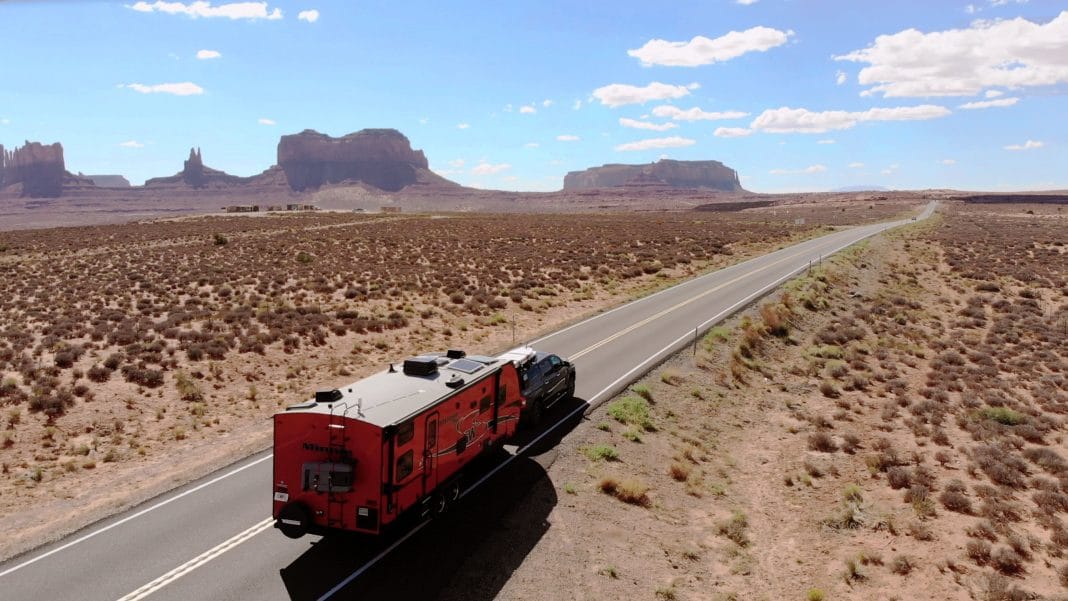The numbers are staggering. If the federal government shuts down, 17,000 National Park Service employees would be furloughed in addition to 15,000 private contract workers who operate restaurants, hotels and gift shops. About 800,000 daily visitors to 394 national parks, monuments and historic sites covering 84 million acres would be turned away. And the parks would lose $32 million in daily revenue.
If lawmakers can’t reach agreement on a spending bill, the park service will cease operations at midnight Friday.
“First of all, we’re hopeful that there is no government shutdown,” National Park Service spokesman David Barna told MotorHome in a phone interview Friday morning. However, if the shutdown occurs at midnight Friday, he said, entrances to all park service properties will be shuttered immediately and no new visitors will be allowed in.
Guests already inside such parks as Yellowstone, Grand Canyon and Yosemite will be asked to leave, Barna said. He said guests will be given until 6 p.m. Monday local time to vacate campgrounds, hotels and other park service properties. Facilities such as museums that are normally open on weekends won’t open their doors Saturday. Although 17,000 park service employees would be furloughed, 2,000 employees would be kept on for resource protection and other essential services, the NPS spokesman said.
“We have 400 major events nationwide planned for next week on National Park Service property,” Barna said. All would be canceled in the event of a shutdown, he said. Events in the works include a Cherry Blossom Festival Parade in Washington, D.C., the 150th anniversary commemoration of the beginning of the Civil War at Fort Sumter in Charleston, S.C., and activities related to National Volunteer Week April 9-16.
If the government shuts down, Web users would also find the popular National Park Service website, www.nps.gov, inoperable, Barna said. He said people would not be able to do such things as buy a park pass or make reservations. Recreation.gov site would also go dark, he said.
“It’s a very popular time for us, because it’s spring break,” Barna said, adding that the closures would mean “800,000 people won’t have the experience of a lifetime.”


